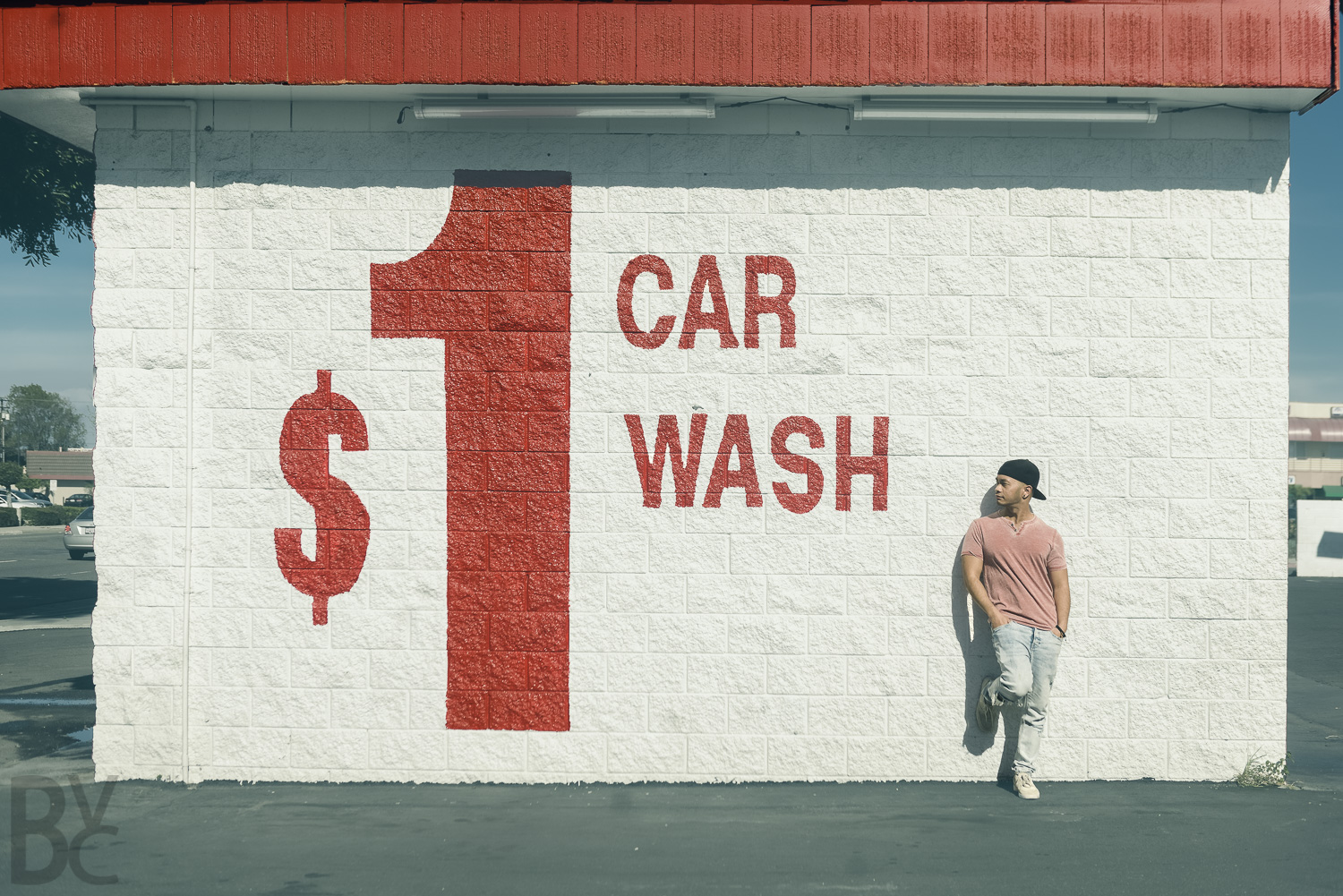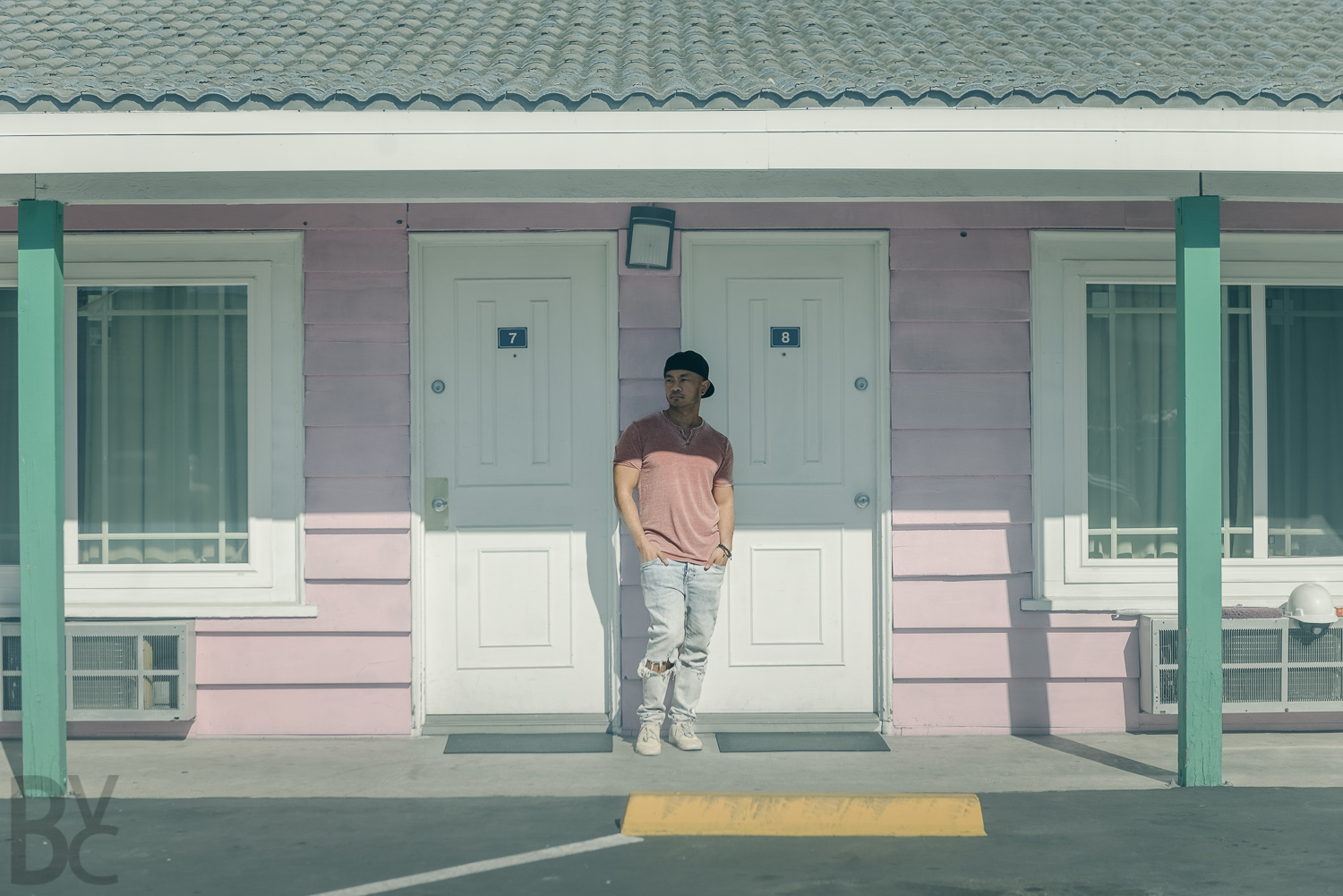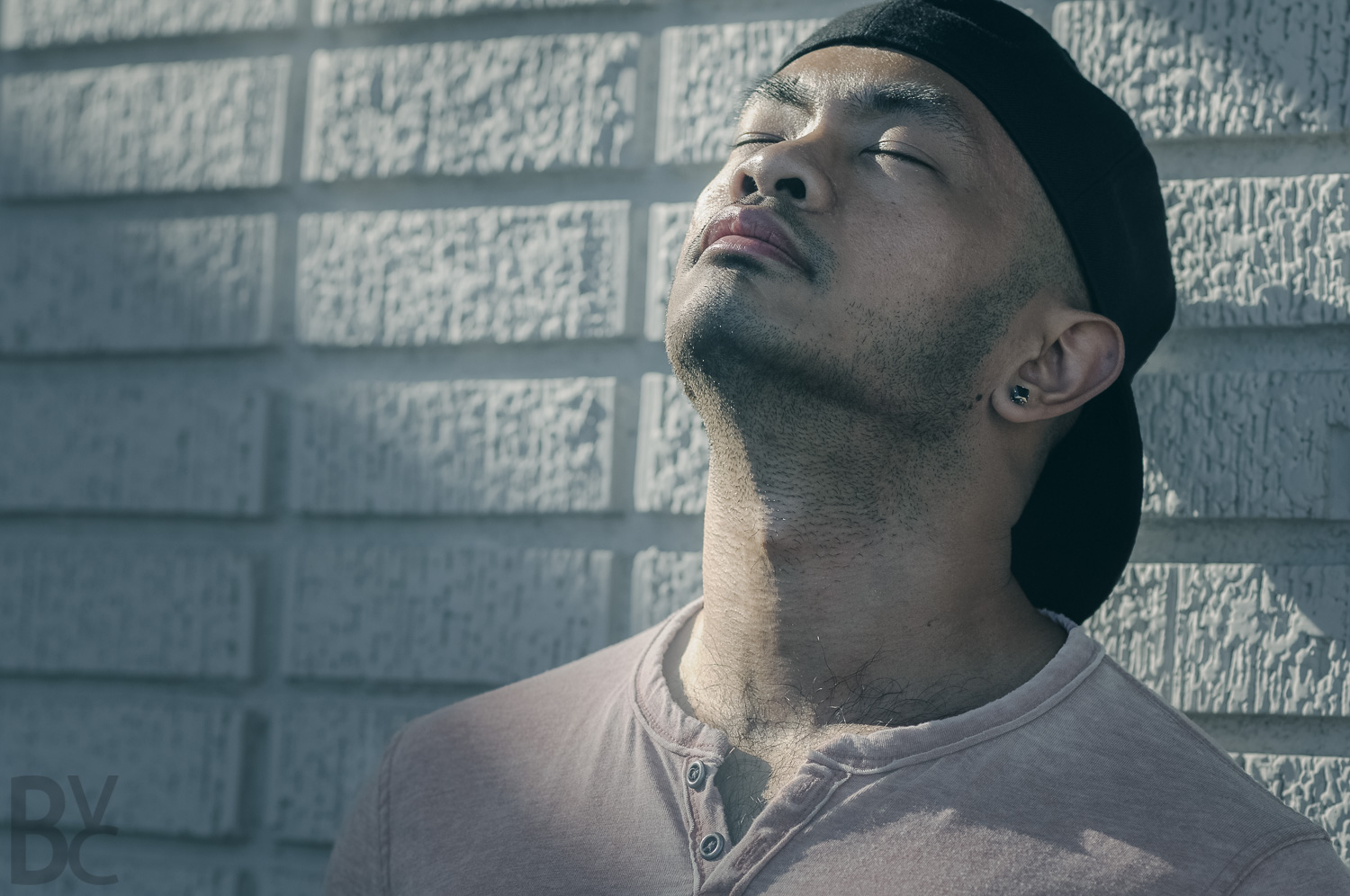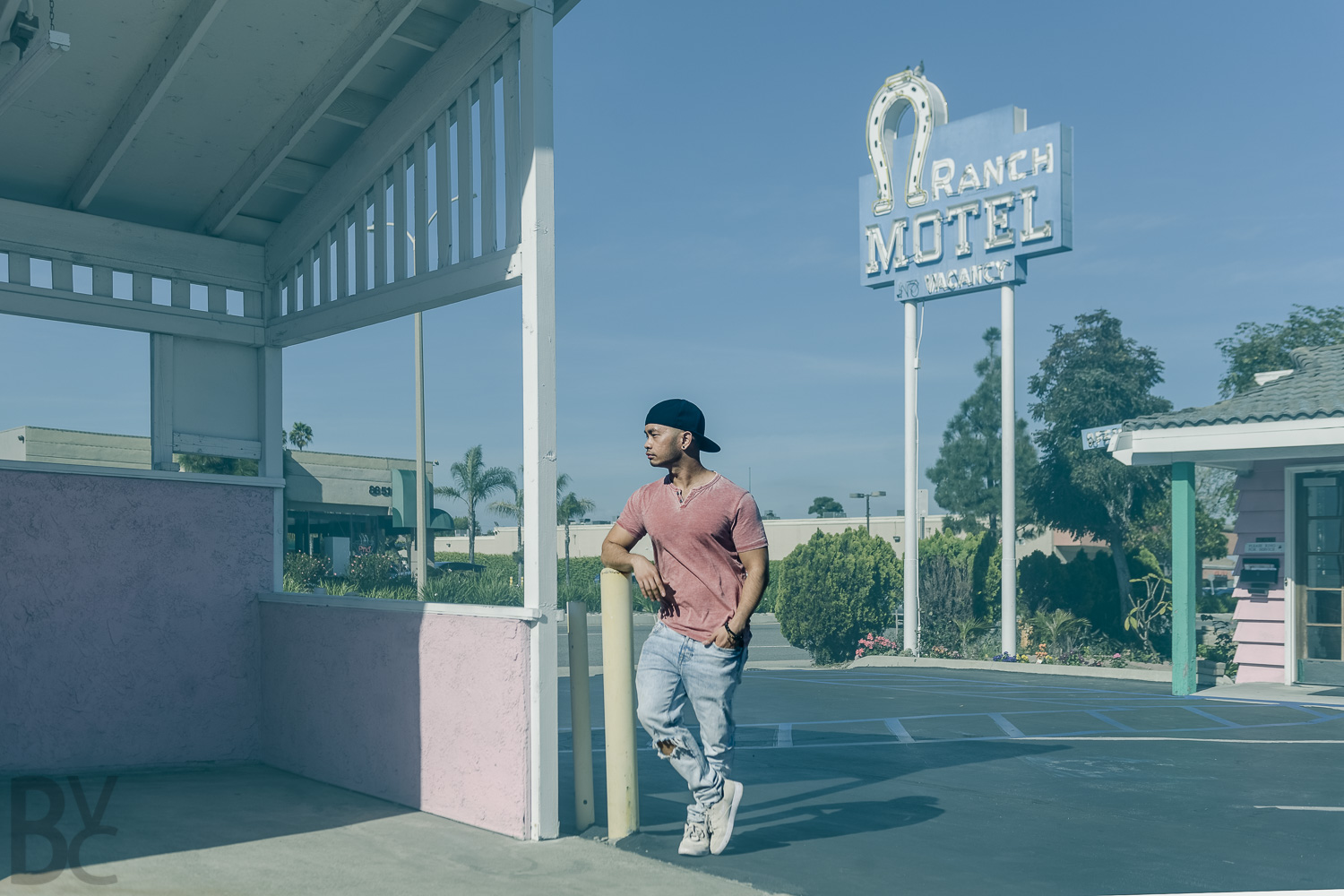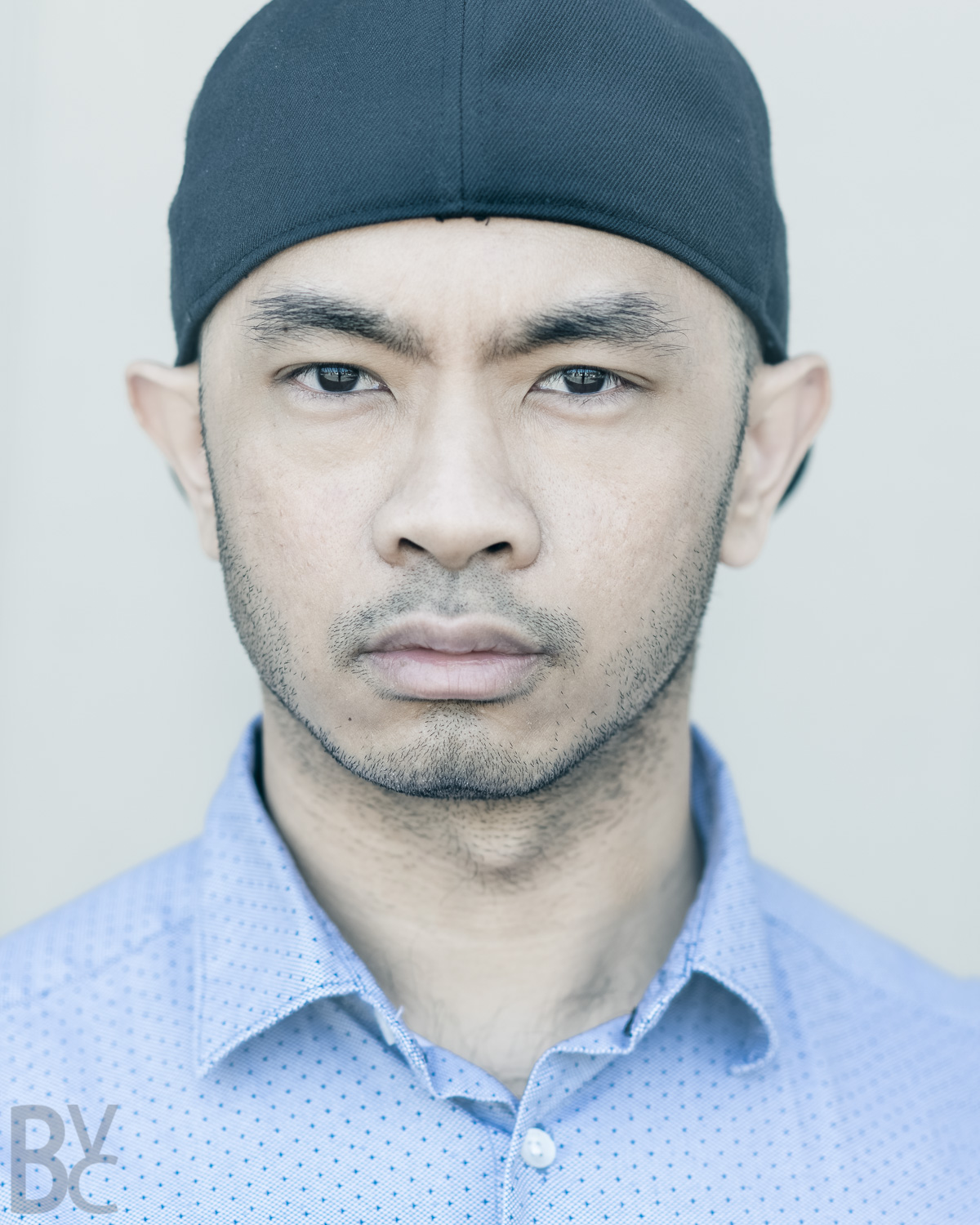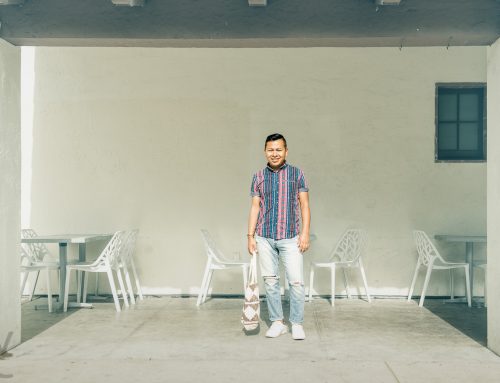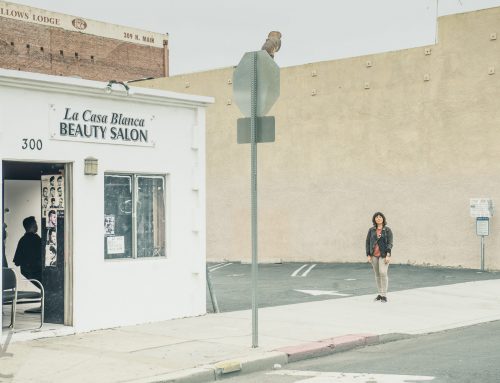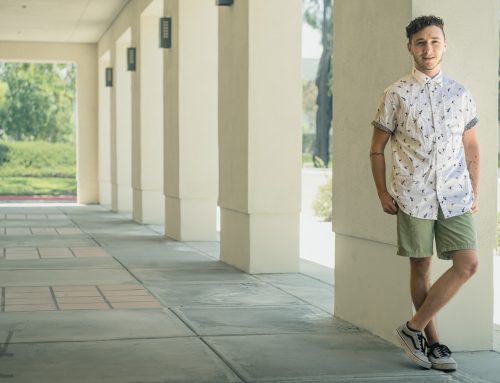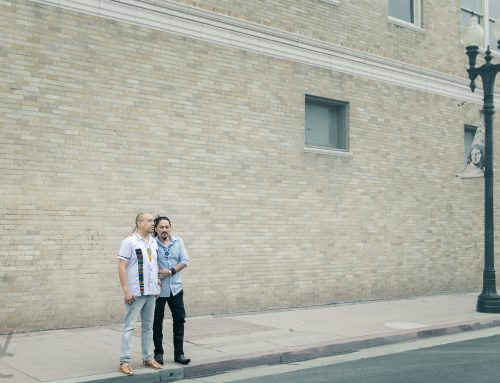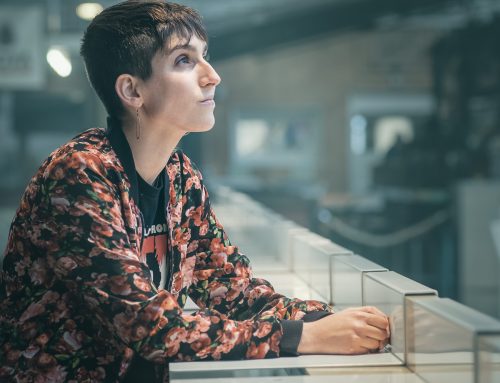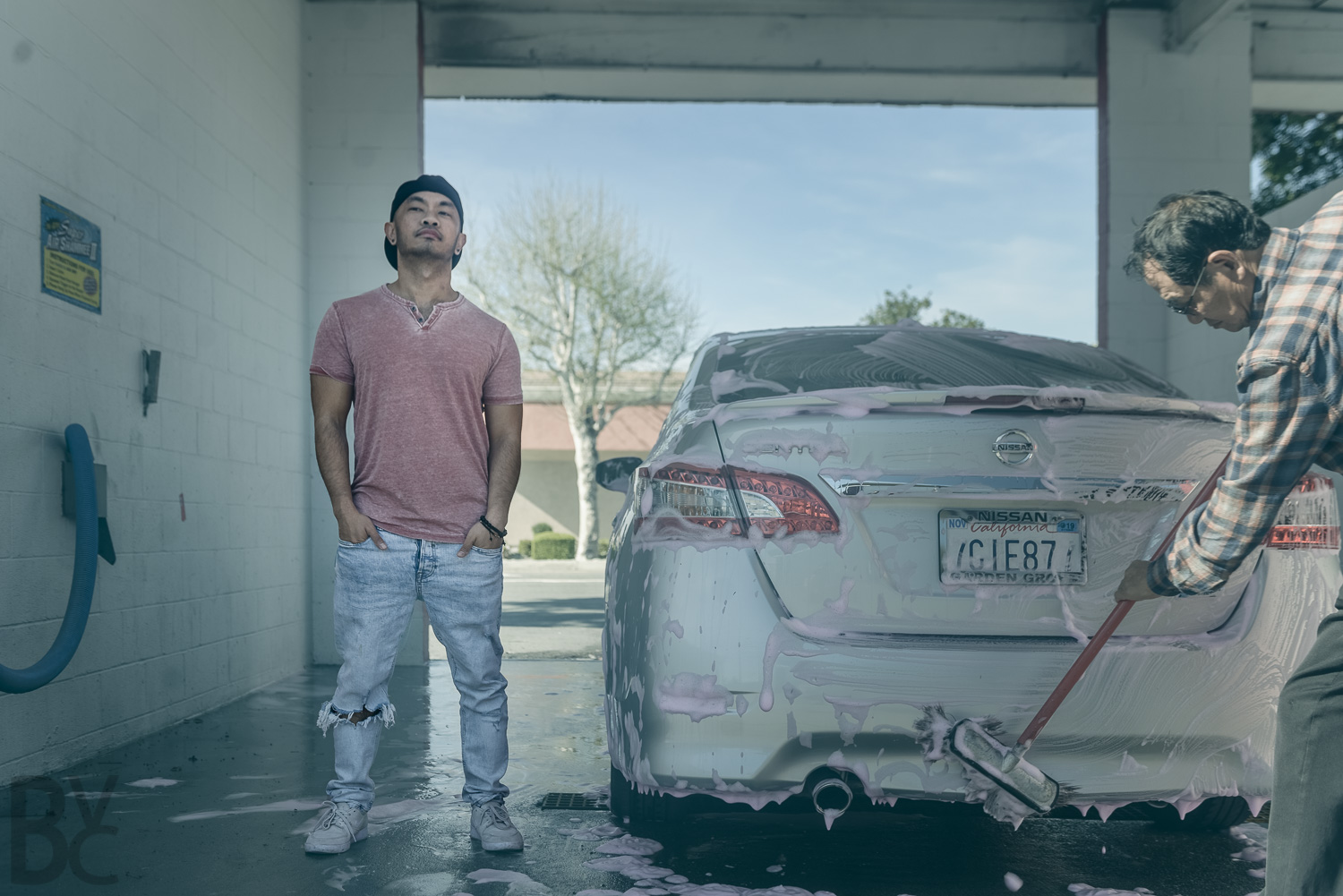
In 1999, my family returned home to an eviction notice tacked on our front door. It was a terrifying time for my family to not know what would happen next, where we would live, how we would get by. After emigrating from the Philippines, my single mother was already working graveyard shifts to support her three children on low income, and in one moment, she and we were faced with the possibility of homelessness. My hopes and dreams were to become successful so that my family no longer had to suffer and so we could free ourselves from financial struggle. But growing up, I began to realize that there was something different about me. I was a gay Filipino boy living in Orange County with a conservative Catholic family, and I felt isolated. I was the only person to know that about myself, and I was afraid to tell anyone because I was fearful that I would be a disappointment. Truthfully, I just could not accept that part of myself. So I locked it away and thought that I could make it through without anyone having to know. And I did for quite some time. While I made my mother proud through my academic accomplishments, I continued to repress that part of me and it continued to create a deeper, darker void. As I proceeded to go above and beyond the expectations of the people around me—my friends, my teachers, my family, and especially my mother—I began to spiral into a world of depression. I was not true to myself. With all the insecurities I already had about my weight, my physical appearance, my voice, and other aspects of me, I ultimately did not like the idea that I could also be gay.
Many of my adversities have strongly influenced my career path. Now, as a young professional in the social work field experiencing day-to-day challenges with the clients I help, I have found my passion helping vulnerable and underserved communities. As a gay person of color, I am devoted to helping and empowering vulnerable individuals who experience issues with their LGBTQ+ identity, sexual health, mental health, homelessness, and substance misuse. I plan to continue a career that addresses these issues and empower minority populations, bringing forth the change they need, especially in the Asian-Pacific Islander and LGBTQ+ communities. Through my career as a social worker and my ongoing journey of learning about gay mental health, I have found my voice and I am learning what it means to be visible. I understand now that life is better when I’m being authentic to the people around me and, most importantly, being authentic to myself. Because of the adversities that I have overcome, I see myself as a strong, confident, and resilient individual. I have realized that my personal experiences can support the work I do with the populations I serve today, tomorrow, and in the future.
Johann Ortiz
He, Him
Santa Ana, CA
